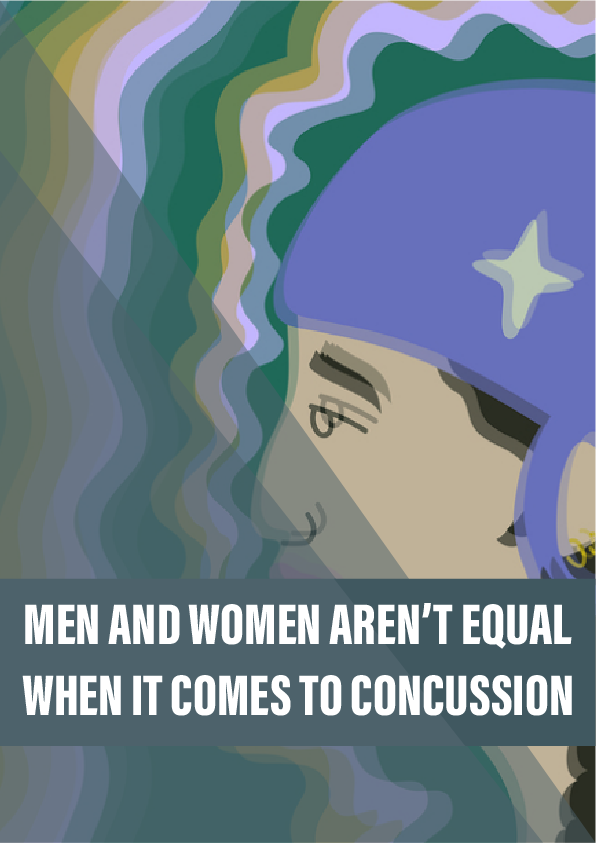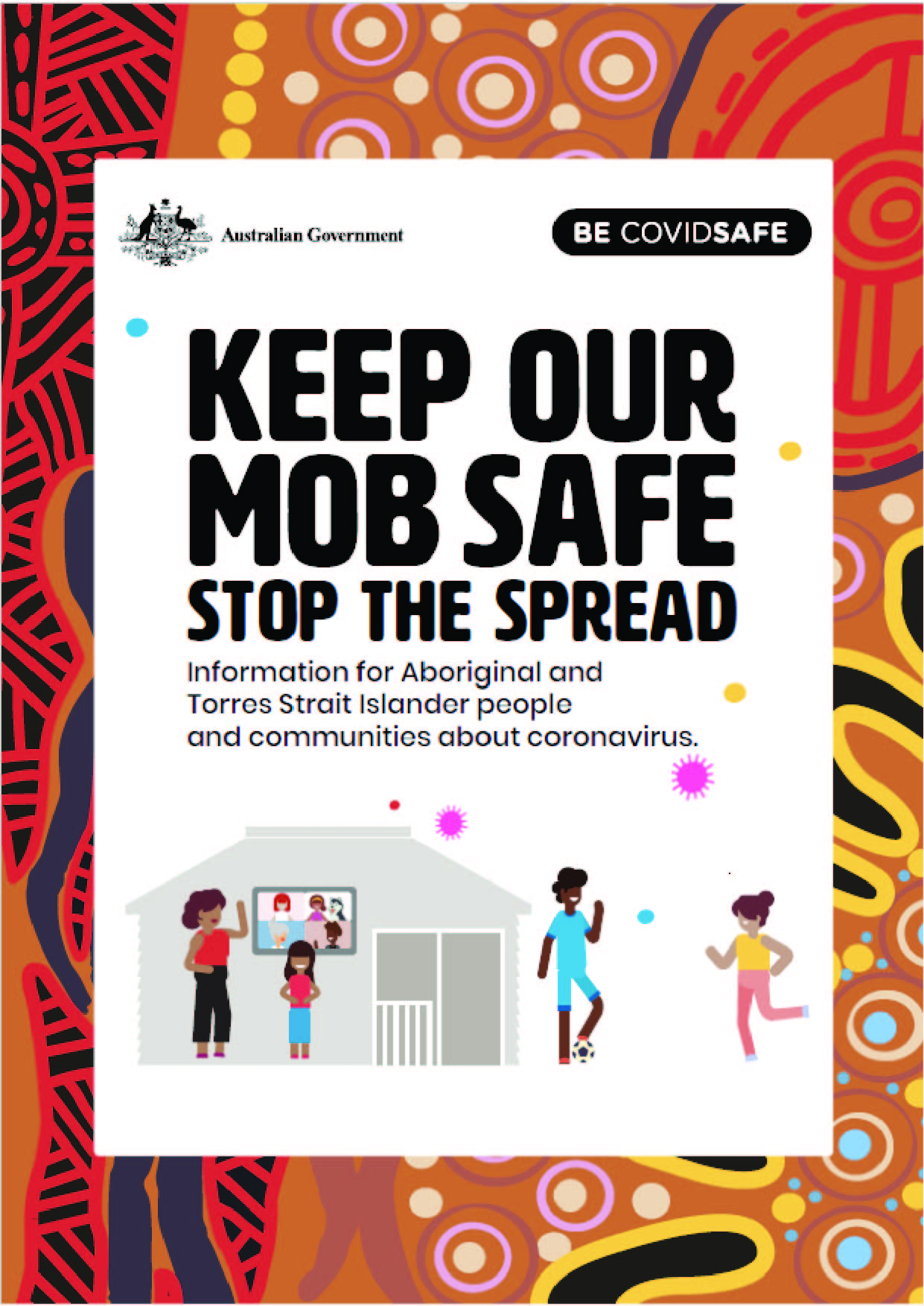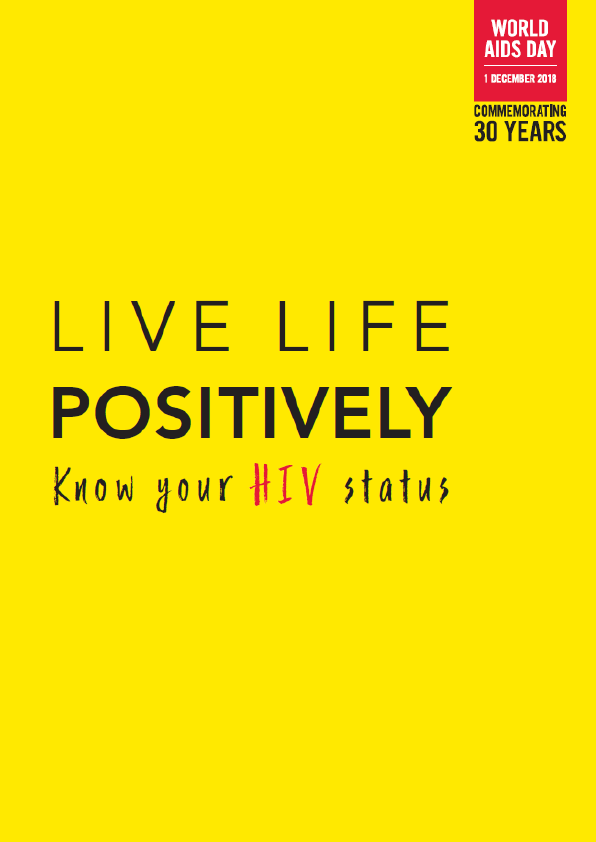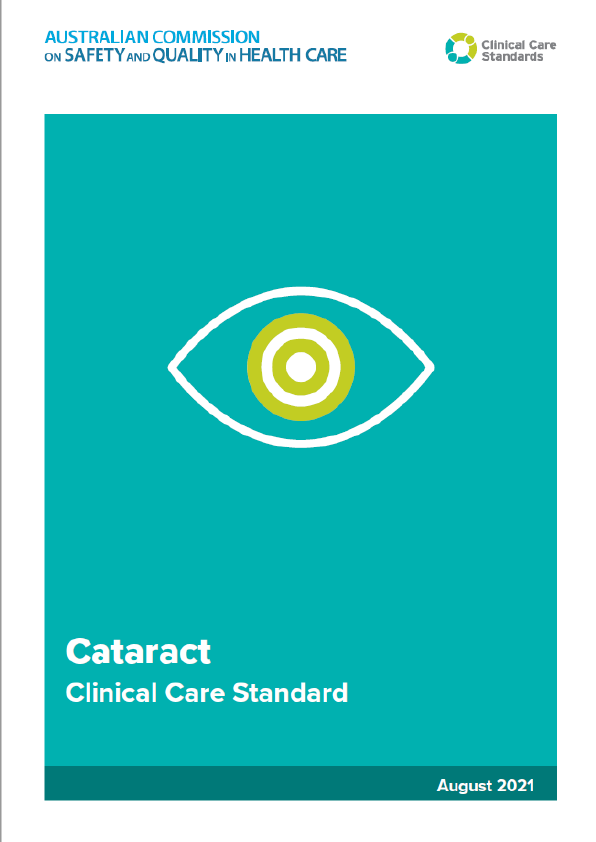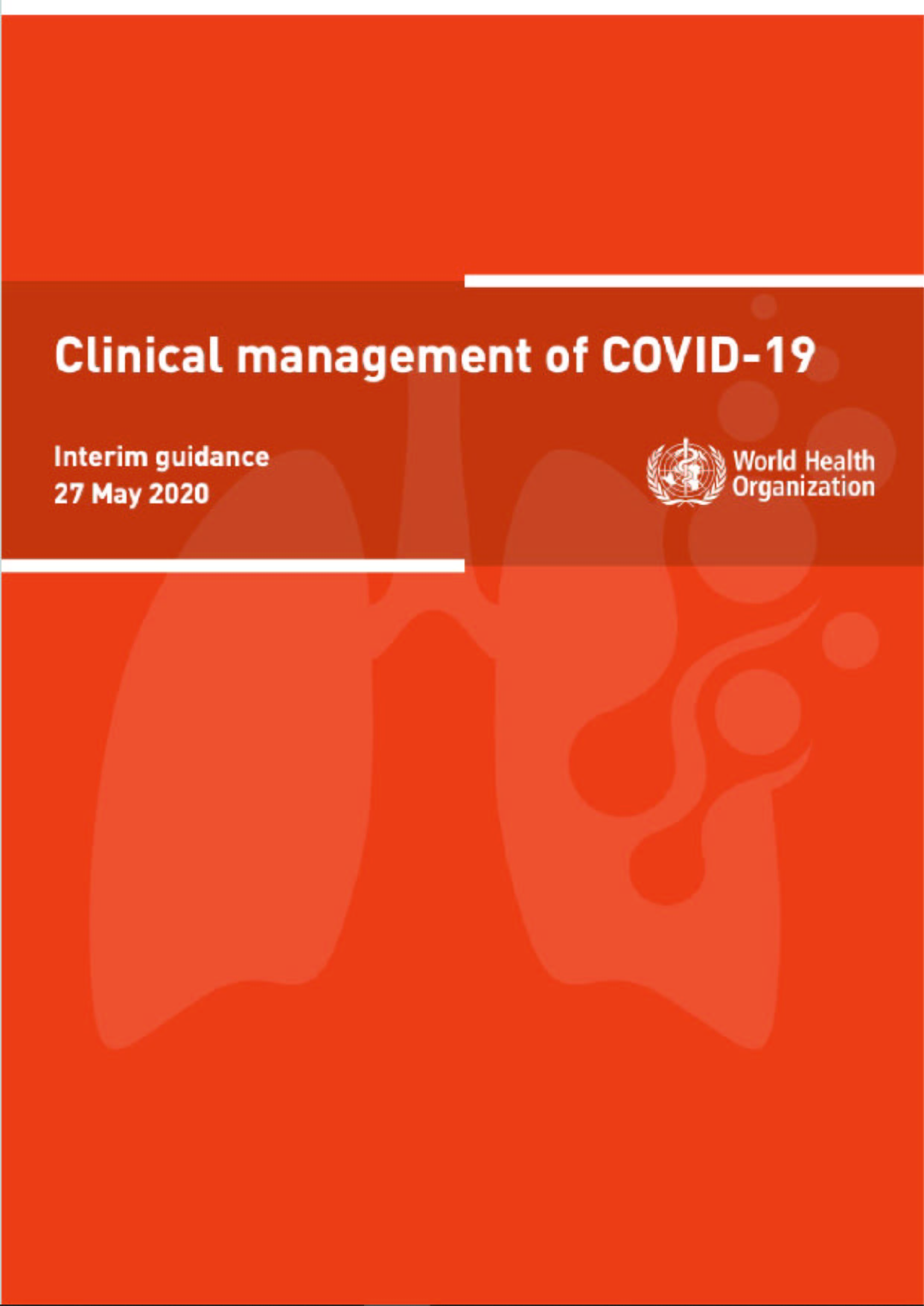Few sports are as fast and furious as roller derby. The hour-long game unfolds in frenetic two-minute bursts as two teams race anti-clockwise around an oval track.
Each team has a “jammer” aiming to pass four opposing “blockers”, and they score points for each opponent they lap.
Blockers can obstruct the path with their torso or push opponents off course with a swift nudge of their upper legs or upper arms. Jammers “juke” – a sideways dummy move – and “whip” – where a team member grabs their hand and swing them forwards ahead of the pack.
Fans are addicted to the ferocious drama of the competition, but, as you would expect for any contact sport, injuries are commonplace.
Jessica had just moved to the USA from France when she attended her first roller derby match. “From that first game I really fell in love with it,” she says. She started competing, eventually leading Team France in the 2011 World Cup, and she even met her wife through the game.
In the summer of 2016, Jessica was playing blocker for a team in the Bay Area, California. She was in front of the opposition’s jammer, and just as she turned to check her position, an opposing blocker collided with her at high speed.
As the blocker’s shoulder hit the right side of her chin, Jessica felt an extraordinary pain on the opposite side of her skull and fell to the floor. The sudden jerking movement of her head, she now knows, caused her brain to ricochet within the skull – leading to the sharp pain and severe concussion.
She didn’t seek immediate medical care. When she had suffered concussion previously, her doctor’s advice was to take it easy for a few weeks before returning to play. And it had seemed to work fine.
Reference:
- A review of the existing literature on concussion sex differences by Covassin and colleagues.
- A 2005 paper that concludes that each concussion must be considered on a case-by-case basis.
- The paper in which Covassin and colleagues report differences in concussion between men and women within the same sports.
- A 2017 study that suggests that sex differences may be specific to certain types of vestibular impairment following sports-related concussion.
- Pink Concussions – a non-profit organisation tthat focuses on pre-injury education and post-injury medical care for women and girls with brain injury, including concussion incurred from sport, violence, accidents or military service.
